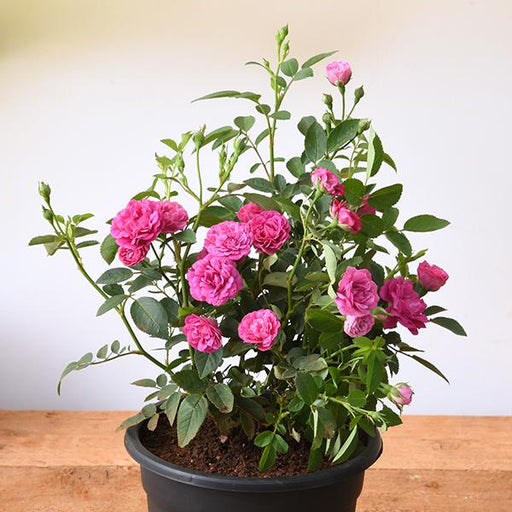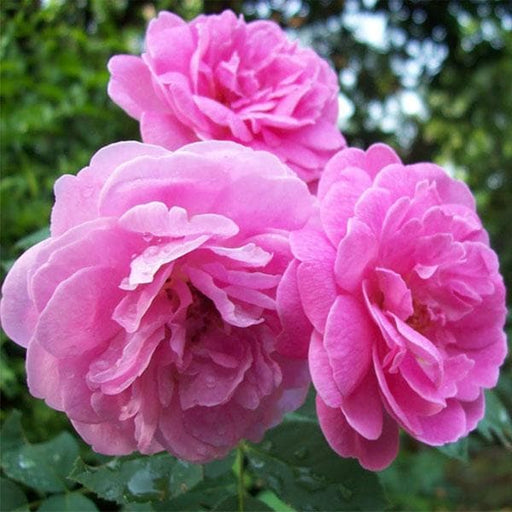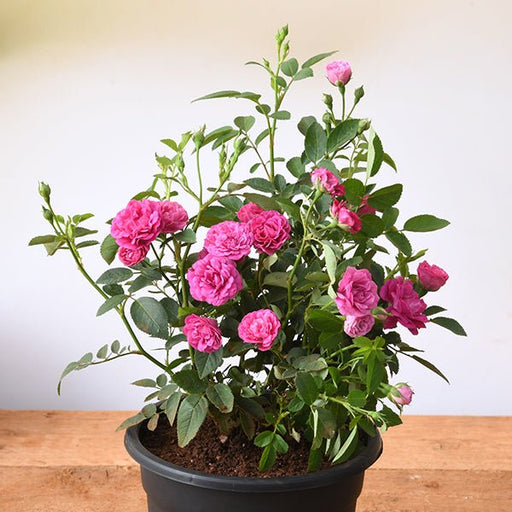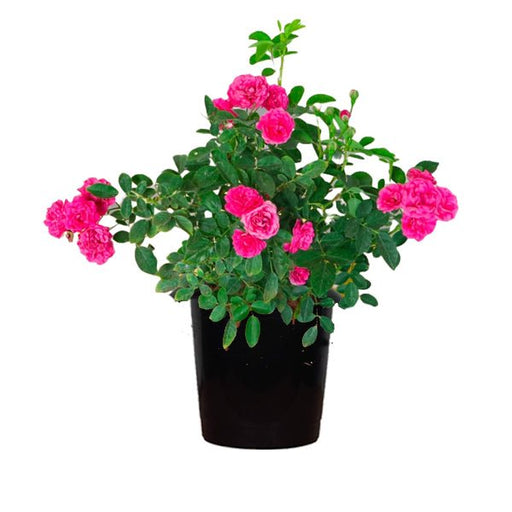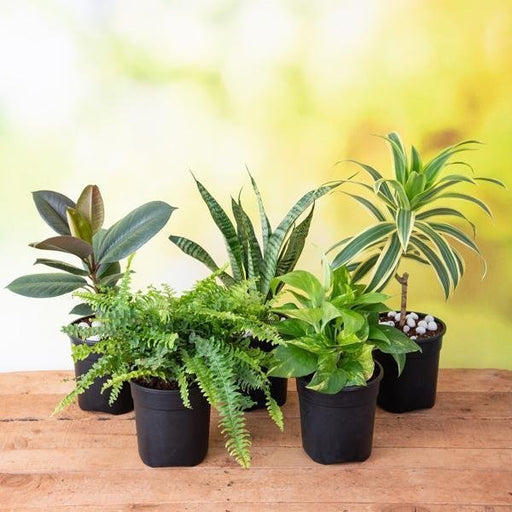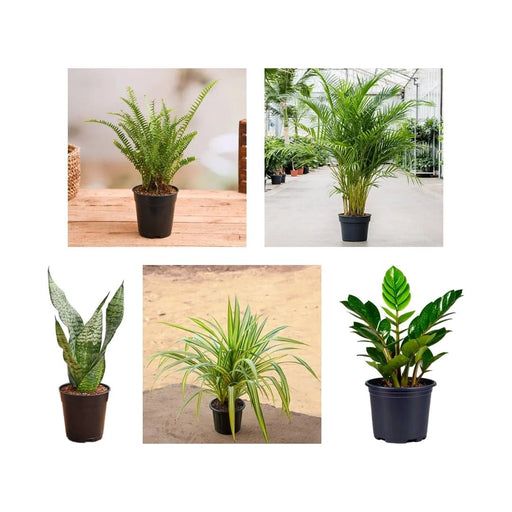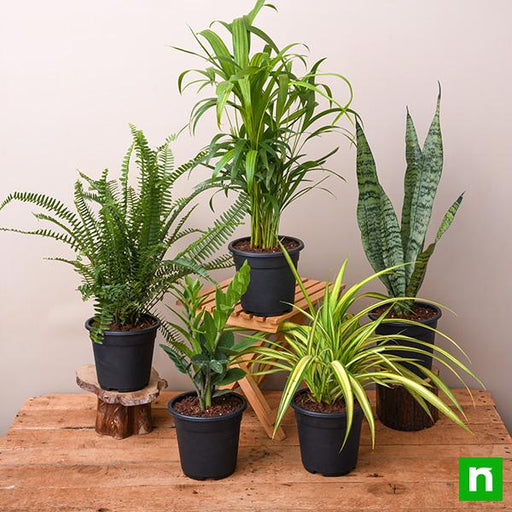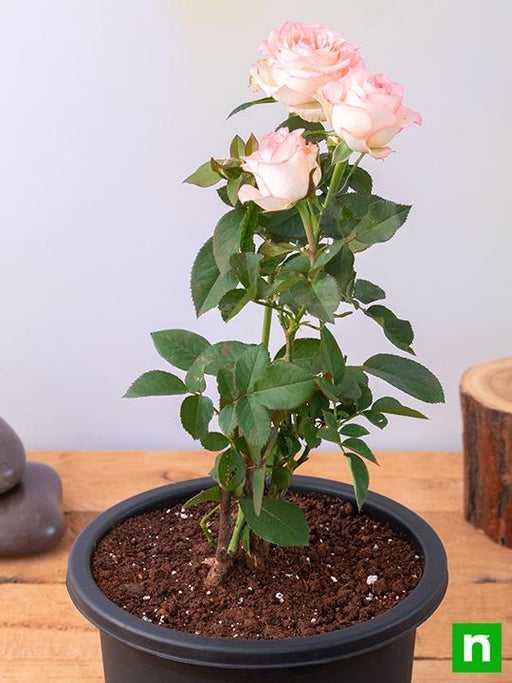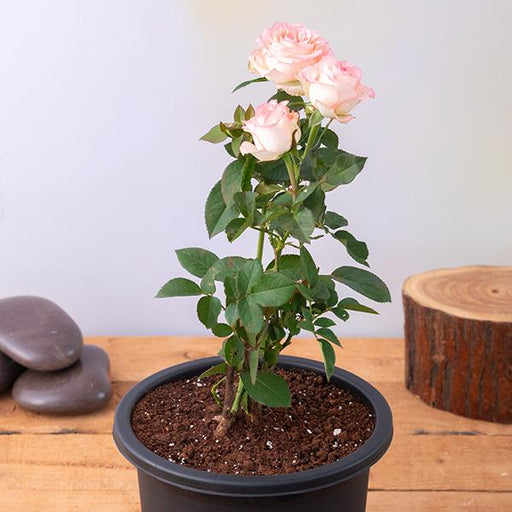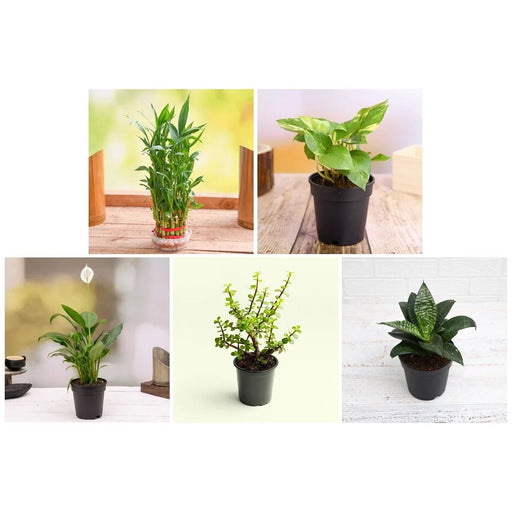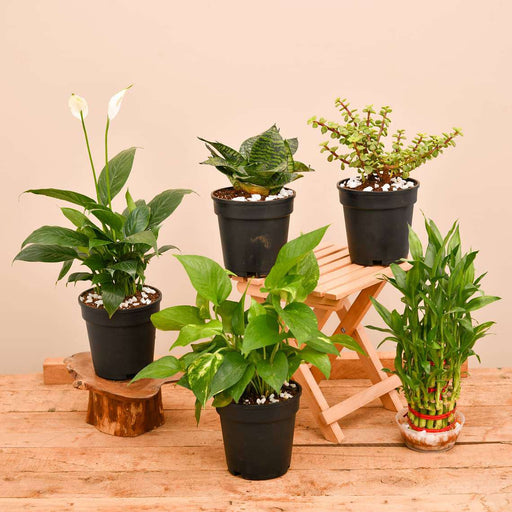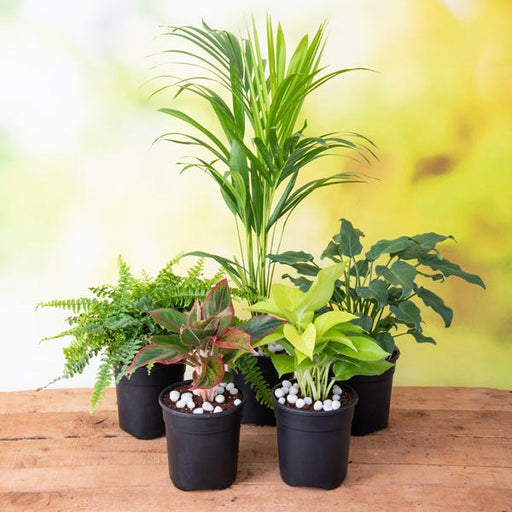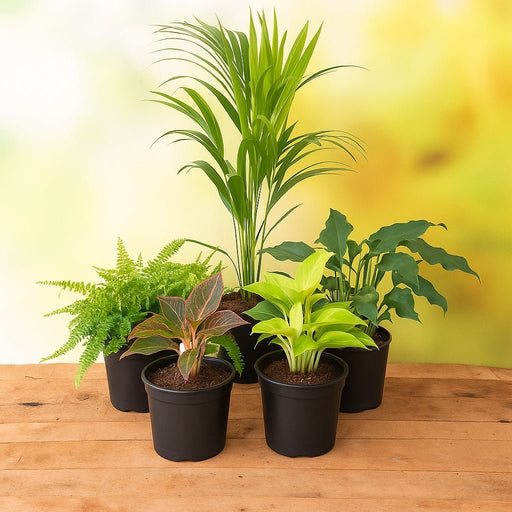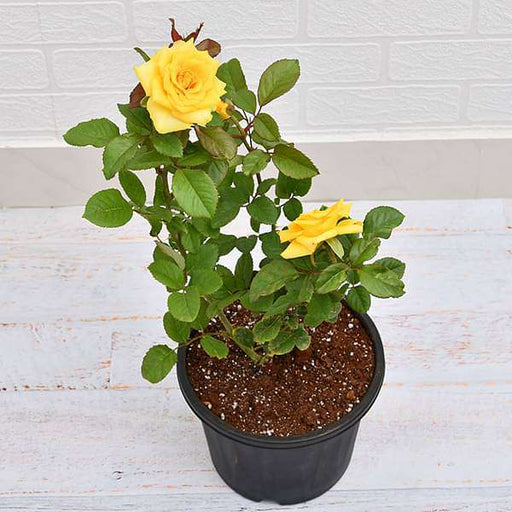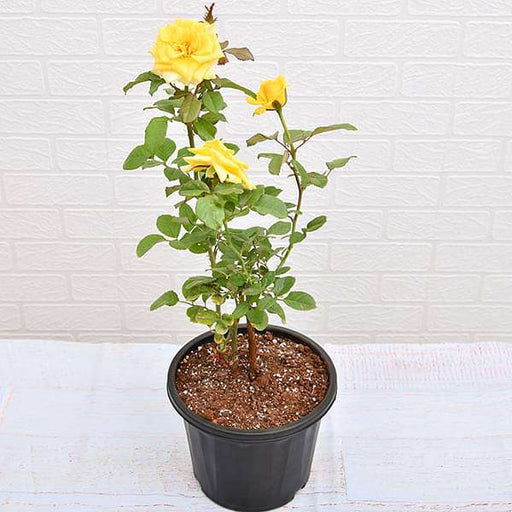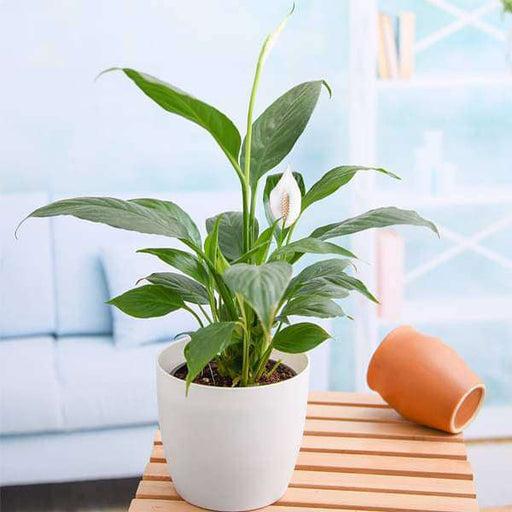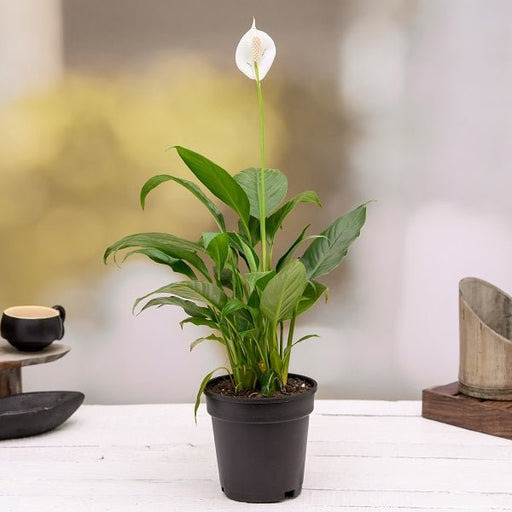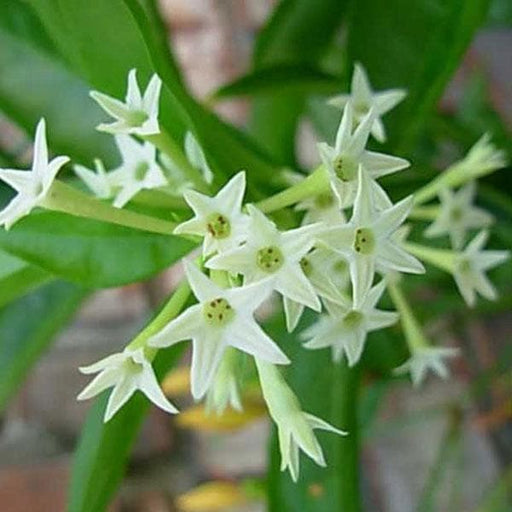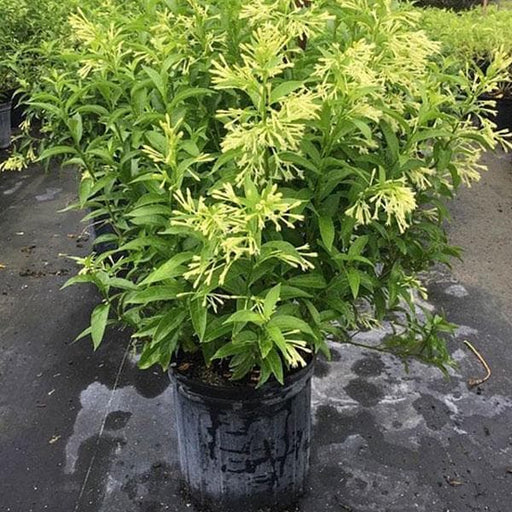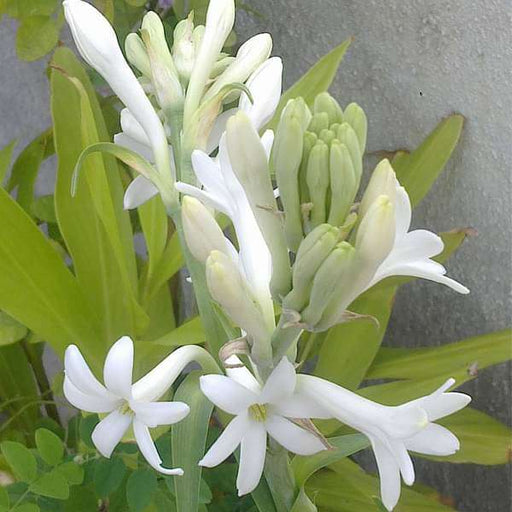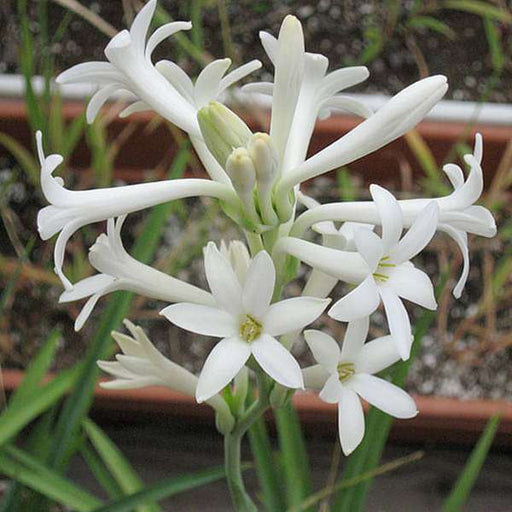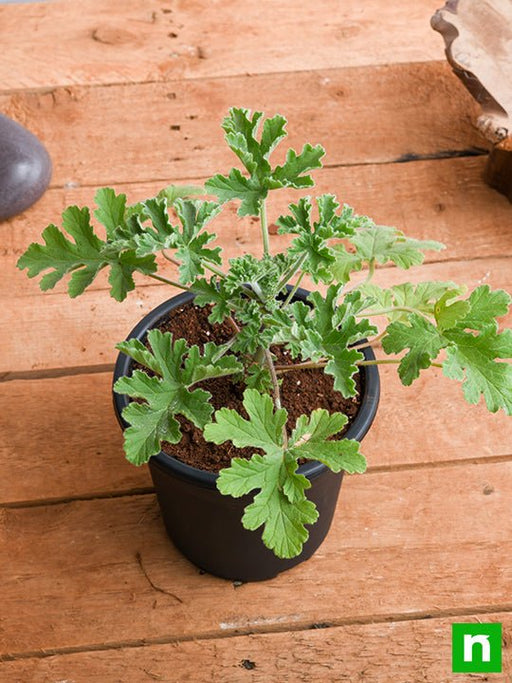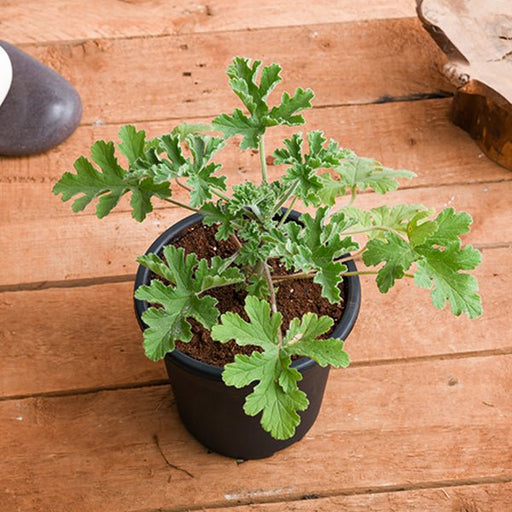Types of Rose Plants
There are many different types of rose plants, each with its own unique characteristics and growing requirements. From hybrid tea roses to climbing roses, understanding the different types can help you choose the best plants for your garden.
Planting Rose Plants
Planting rose plants requires careful attention to soil preparation, spacing, and planting depth. With proper planting techniques, your rose plants will have a strong foundation for healthy growth.
Rose Plant Care
Rose plants require consistent care and attention to thrive, including watering, fertilizing, pruning, and pest control. Understanding the specific needs of your rose plants can help you keep them healthy and beautiful.
Rose Plant Pruning
Pruning rose plants is an important part of their care, helping to promote healthy growth and shape the plant. Understanding the different types of pruning and when to perform them can help you maintain beautiful, healthy rose plants.
Rose Plant Diseases
Rose plants can be susceptible to a variety of diseases, including black spot, powdery mildew, and rust. Understanding the signs of disease and taking appropriate preventive measures can help keep your rose plants healthy.
Rose Plant Pests
Rose plants can also be affected by a variety of pests, including aphids, thrips, and spider mites. Understanding the signs of pest infestation and using appropriate pest control methods can help protect your rose plants.
Rose Plant Fertilizer
Fertilizing rose plants is an important part of their care, providing the necessary nutrients for healthy growth and blooms. Understanding the different types of fertilizer and when to apply them can help you keep your rose plants healthy and beautiful.
Growing Roses in Containers
Rose plants can be grown successfully in containers, making them a great choice for small gardens or balconies. Understanding the specific requirements for growing roses in containers can help you create a beautiful display.
Rose Plant Watering
Proper watering is essential for the health of rose plants. Understanding the specific water requirements for your rose plants and how to water them properly can help keep them healthy and beautiful.
Rose Plant Propagation
Rose plants can be propagated through a variety of methods, including rooting cuttings, layering, and grafting. Understanding the different methods can help you propagate your own rose plants.
Rose Plant Companions
Growing roses with companion plants can help enhance their beauty and health. Understanding the best companion plants for roses can help you create a beautiful and diverse garden.
Rose Plant Winter Care
Proper winter care is essential for the health of rose plants. Understanding the specific winter care requirements for your rose plants can help you protect them from cold and frost damage.
Rose Plant Fragrance
The fragrance of rose plants is one of their most appealing qualities. Understanding the different types of fragrances and how to choose fragrant rose plants can help you create a beautiful and aromatic garden.
Rose Plant Colors
Rose plants come in a wide range of colors, from classic reds and pinks to vibrant yellows and oranges. Understanding the different color options can help you choose the perfect roses for your garden.
Rose Plant Sun Requirements
Rose plants require plenty of sunlight to thrive, but different varieties have different sun requirements. Understanding the specific sun requirements for your rose plants can help you choose the best location for planting.
Rose Plant Soil Requirements
Rose plants require well-draining soil with plenty of organic matter. Understanding the specific soil requirements for your rose plants can help you prepare the soil for healthy growth.
Rose Plant Winter Protection
Protecting rose plants from winter weather is essential for their health and survival. Understanding the different methods of winter protection, including mulching and covering, can help you protect your rose plants from the cold.
Rose Plant Varieties
There are countless varieties of rose plants, each with its own unique characteristics and growing requirements. From miniature roses to grandifloras, understanding the different varieties can help you choose the best plants for your garden.
Rose Plant Blooming Seasons
Different rose plant varieties bloom at different times of the year, from early spring to late fall. Understanding the blooming seasons for your rose plants can help you plan and create a beautiful and long-lasting display.
Rose Plant Uses
Rose plants are not only beautiful but also have many practical uses, from making fragrant oils and perfumes to culinary uses. Understanding the many uses of rose plants can help you appreciate their beauty and value even more.


